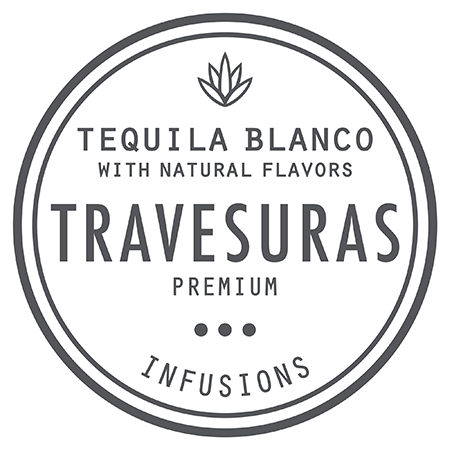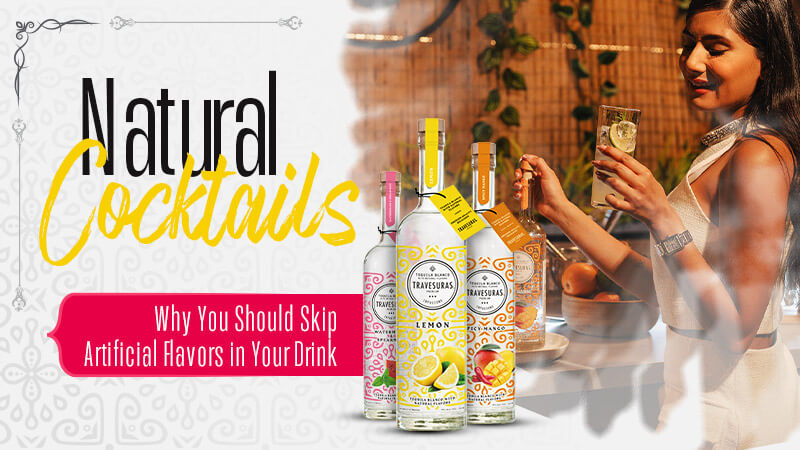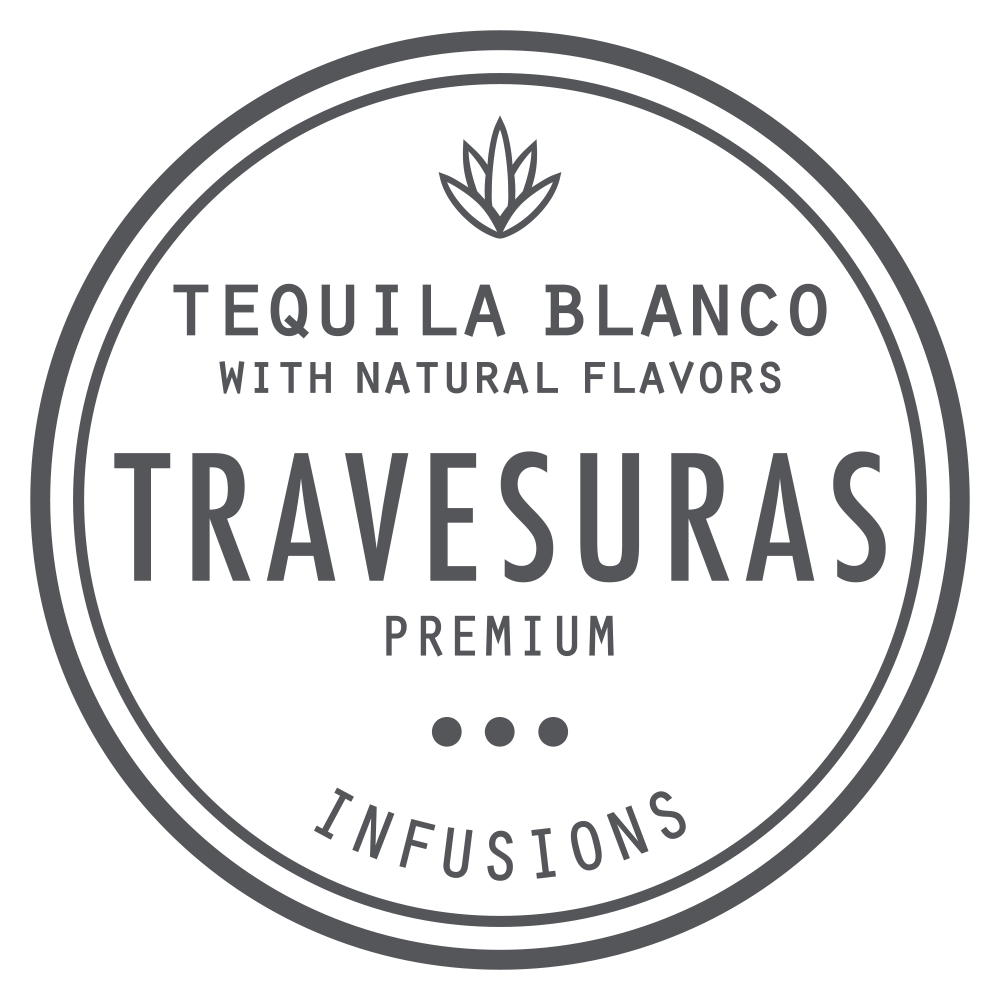In 2025, there seems to be no need for a reason to explain why "natural" is the better alternative to anything artificial. But it is good to remind ourselves what makes the difference matter.
Commercial drinks carry various ingredients, and flavorings may be the smallest component but a crucial part of the formulation. These flavorings can be natural or artificial, and they can be the determining factor between "I love it" and "Naah".
A flavor's role can not be understated - it significantly impacts a drinker's sensory profile, enabling them to savor distinct tastes they may not otherwise experience.
Since there are many discussions on natural and artificial flavors and which is better, you must know their differences so your experience is always top-notch. Did you know that the FDA regulates the ingredients allowed in consumer products like beverages? Even though flavors are common in drinks, you may be clueless about which is better.
Let's dive in!
What Are Flavors?
Flavors are sensory impressions left by a drink on your taste buds. Your sense of taste and smell identifies these impressions. The taste can vary based on natural and artificial flavor additives. These additives can enhance or change the taste you experience. Many products that are actually bland use them to be appetizing.
Natural Flavors

When we say "natural", we automatically refer to wellness, but is it the case? Actually, natural simply means "from nature". A natural flavor is a substance that comes from a natural source (plant or animal) and is used to add only taste to a product, not nutrition. We can use mango as an example to look into the three forms of natural flavors.
1. Natural Mango Flavor FTNF: (From the Named Food) – All ingredients of a natural mango flavor must be derived from mango. For instance, our mango infused tequila is only real mango.
2. Natural Mango Flavor WONF: (With Only (or Other) Natural Flavors) – The flavor must have an amount of a natural derivative from mango, and all other ingredients must be natural but not necessarily derived from mango.
3. Natural Mango-Type Flavor: All flavor ingredients need to be natural but not necessarily derived from the named source. It enables flavorists to produce a flavor naturally from ingredients available in other sources.
Artificial Flavors
When we talk about artificial, the first thing that comes to mind is that artificial flavors are bad for health. However, it isn't necessarily true. As explained in the third form of natural flavors, the compounds available in one source are naturally available in other sources in higher amounts or extracted forms.
For instance, mango's characteristic tropical taste is contributed to by esters, terpenes, and lactones—compounds that can sometimes be sourced from peaches, apricots, and even pineapples. Gamma-octalactone and delta-decalactone are behind mango's fruity and creamy notes and can be found in coconut or peach. Terpenes like myrcene are naturally present in hops and bay leaves, which can imitate the juicy sweetness of mango. These compounds can help create the natural mango flavor without relying on mangoes.
So, artificial flavors are created to imitate the natural taste of the said source. They are made with synthetically derived raw materials for cost-efficiency or due to a lack of the intended source.
Must Read: Why Is It Called a Cocktail?
Are Artificial Flavors Bad?

While people express concerns about artificial flavors, most research shows that the flavors approved by the FDA are generally safe for consumption. However, some studies have raised concerns about potential links between artificial flavors and colorings and health issues, especially the unregulated ones.
● Addiction
Artificial sweeteners can stimulate the pleasure sensor in the brain, releasing dopamine, which can cause addiction to that specific food or taste.
● Gut Discomfort
Scientists are yet to understand the effect of artificial flavors on the gut system. However, some studies suggest that artificial sweeteners used in artificial flavors may change gut bacteria and cause digestive problems.
The Tequila Travesuras Taste Difference
Do you know what your favorite cocktails contain? Not really. Nobody bothers about the labels when they order a glass. A glass of flavored tequila cocktail may be the single most enticing thing in the universe, but it may pack a whole lot of additives that you or your body doesn't need.
While not all artificial flavors are utterly synthesized chemicals, knowing their sources and ingredients could help you choose the best experience. But that's hardly possible. You just want to enjoy a drink, not turn into a detective. So, why not root out the problem and try 100% naturally infused tequila from the house of Tequila Travesuras?
All our tequilas are made from pure blue agave and are free from artificial flavorings or sweeteners. Whether you want a sip of Lemon tequila or our favorite Watermelon & Spearmint, you will bask your taste buds in the allure of nature with authentic infusions.
Must Read: How to Make Sweet and Sour Mix for Cocktails?
- View: 86
- Categories: News


